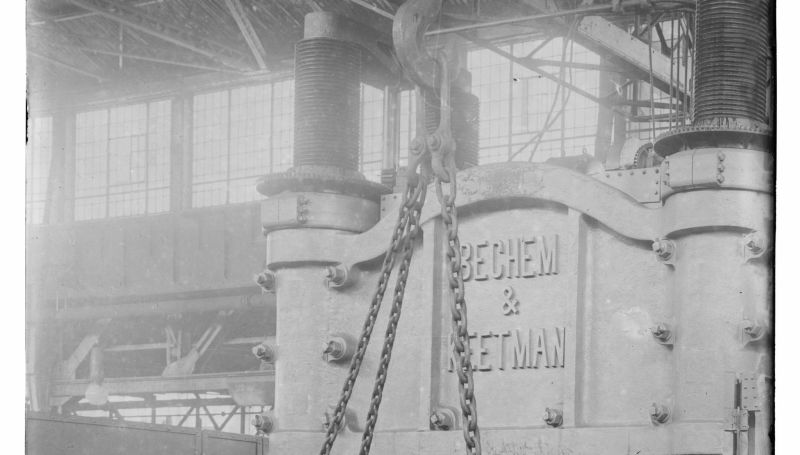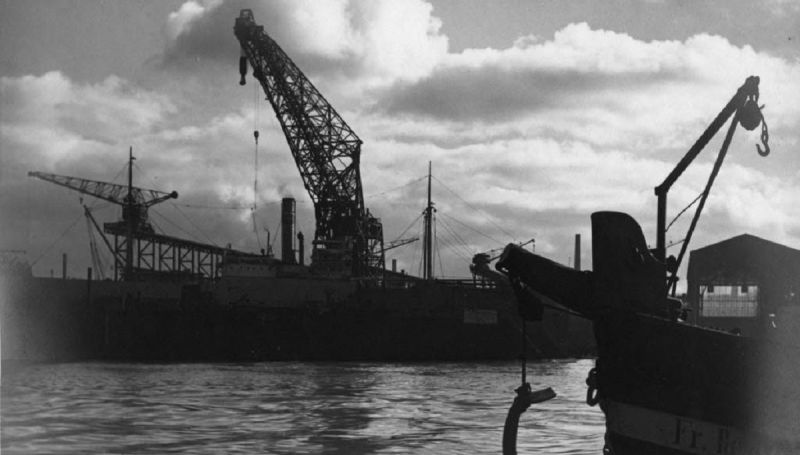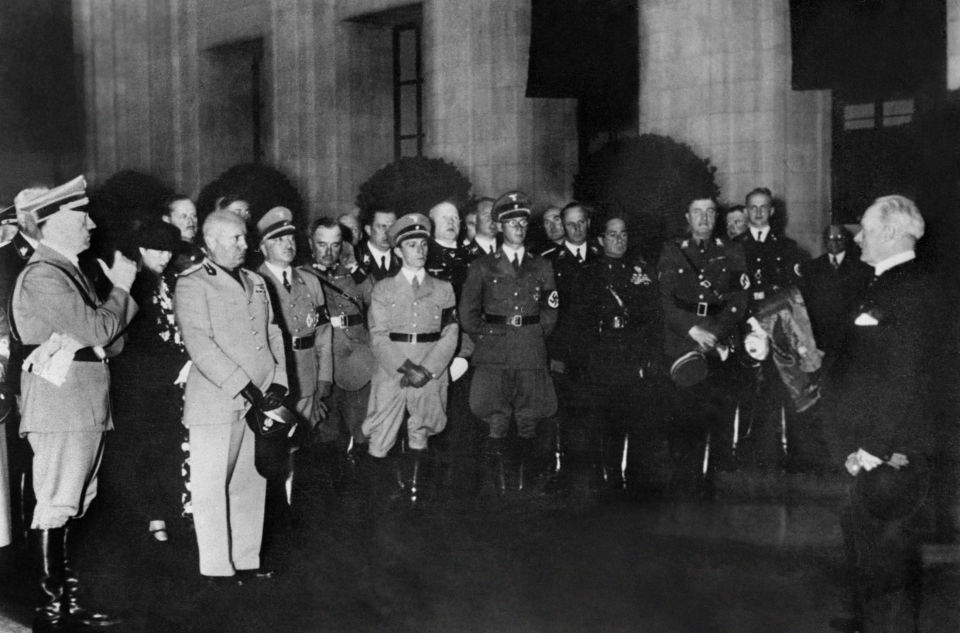How Gustav Krupp made his way from being a Hitler opponent to being a Nazi supporter and back.
What was the role of the Krupp factories in arming Nazi troops?
Were the Krupps sincere in supporting Hitler and the Nazis, or were they forced to cooperate with them? Why did Gustav Krupp end up at the Nuremberg trials, but not other German industrialists? Alexander Bogdashkin, PhD and a senior academic at the N.I. Zhukovsky and Y. A. Gagarin Air Force Academy, offers his take on the matter.
The Krupps manufactured armaments during both World War I and World War II. During the first world war, the company produced a significant part of the German army artillery, including heavy siege equipment. In their plants, new military vessels and submarines were constructed.
After World War I, Krupp was designated a war criminal by the West, although there was no trial.
It was said to be the reason why the indictment of Alfried Krupp by the American tribunal of 1948 was much stricter than those brought against the Flick and IG Farben conglomerates.
During World War II, the Krupp conglomerate manufactured tanks, artillery, sea vessels and military equipment, armour, ammunition and other military goods.

The Friedrich Krupp Germaniawerft dockyard launched the cruiser Prinz Eugen off the assembly lines, along with 130 submarines, using parts supplied from other Krupp factories. In the 1930s, the Krupp company designed the 80-centimetre Schwerer Gustav railway gun, of which only two were built, the largest artillery weapons used by the army during the war.
Of paramount importance for Nazi operations was an 88-millimetre anti-aircraft cannon, also manufactured by the Krupp conglomerate, and used as an effective anti-tank cannon.
Gustav Krupp’s attitude to Hitler, according to reports, was ambiguous. On the eve of 20 January, 1933, Krupp warned Reich President Paul von Hindenburg against appointing Hitler as chancellor. Krupp adhered to the same position at a meeting of Ruhrlade (the protocols are published), an unofficial and semi-clandestine body of Ruhr industry leaders.

The main role in appointing Hitler as the German chancellor was said to have been played by other German industry magnates: Fritz Thyssen, Albert Voegler, Paul Reusch and Friedrich Springorum, among others.
However, after Hitler was named head of state, Gustav Krupp immediately began to financially support the Nazi Party. In 1932, Hitler confirmed that his party had received cash from the Krupps, indicating that Krupp's financial support may have begun prior to Hitler’s ascension to power.
Large business firms in Nazi Germany consistently pursued tricky policies. When it was profitable, businesses backed Hitler, but when it became clear that Nazi Germany would lose the war, big industry representatives were among the first to turn their back on the so-called Third Reich.
Following the end of World War II, financial documents of the National Socialist German Workers' Party - commonly referred to as the Nazi Party - which could have proved ties between German business magnates and the Nazis, were destroyed by the Nazi Party’s treasurer, Franz Xaver Schwarz. Schwarz died in an American prison camp in Regensburg in 1947. The circumstances of his death, according to a number of authors, remain unclear.

The Allied Powers unanimously believed that it was big business that brought Hitler to power and was active in planning and preparing for the war. The US was convinced that the most significant part in preparing for war was played by German chemical conglomerate IG Farben. Yet, because it was the Krupps who became an internationally-recognised symbol of Nazi Germany’s military might, Gustav Krupp was placed on trial by the International Military Tribunal.
by Daniil Sidorov
























